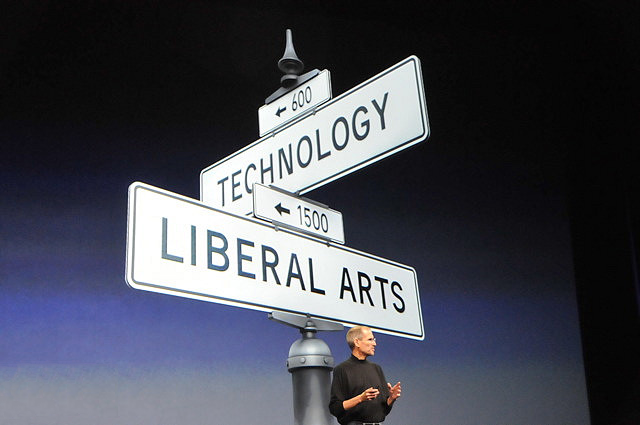In our current software engineering profile, we say:
Programming ability seems to roughly divide into two groups: those who find it relatively easy and those who don’t. If in the past you’ve done well at mathematics and science and can think abstractly, then it’s likely you can learn to program well enough to get an entry-level job within about six months.
In evidence of the first claim, one piece of evidence we cited was a paper called “The Camel Has Two Humps” by Dehnadi and Bornat.
However, we’ve just discovered that Bornat has publicly redacted this paper. He says:
It’s not enough to summarise the scientific result, because I wrote and web-circulated “The camel has two humps” in 2006. That document was very misleading and, in the way of web documents, it continues to mislead to this day. I need to make an explicit retraction of what it claimed. Dehnadi didn’t discover a programming aptitude test. He didn’t find a way of dividing programming sheep from non-programming goats. We hadn’t shown that nature trumps nurture. Just a phenomenon and a prediction.
Though it’s embarrassing, I feel it’s necessary to explain how and why I came to write “The camel has two humps” and its part-retraction in (Bornat et al., 2008). It’s in part a mental health story. In autumn 2005 I became clinically depressed. My physician put me on the then-standard treatment for depression, an SSRI. But she wasn’t aware that for some people an SSRI doesn’t gently treat depression, it puts them on the ceiling. I took the SSRI for three months, by which time I was grandiose, extremely self-righteous and very combative – myself turned up to one hundred and eleven. I did a number of very silly things whilst on the SSRI and some more in the immediate aftermath, amongst them writing “The camel has two humps”.
Based on this, we’ve removed the paper from the profile, and removed the claim about the distribution dividing into two clumps.
We intend to do a more thorough review of the predictors of success in this field when we release our full profile of software engineering in the new year.
Did we make a mistake in this case? The profile was only at the “considered” stage, so not the result of in-depth research. Even so, when most skills and abilities are normally or log-normally distributed, we should have been cautious about the existence of a bimodal distribution without relatively strong evidence.







